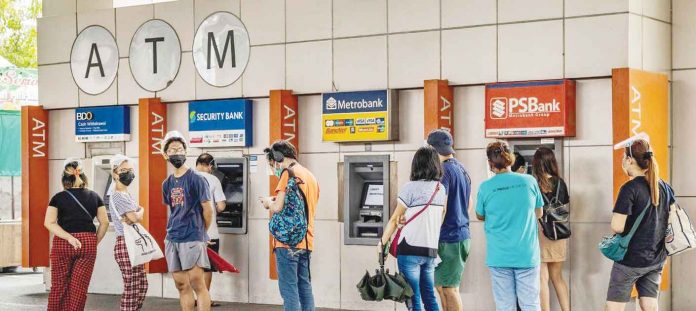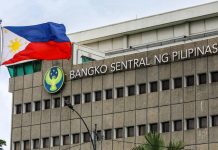
THE World Bank has approved a $600-million policy loan to assist the Philippines in its efforts to boost resiliency and the sustainability of the financial sector following the impact of the COVID-19 pandemic.
The program is dubbed the Philippines Second Financial Sector Reform Development Policy Financing, which will support three policy areas — the financial sector; micro, small, and medium enterprises (MSMEs); and climate and disaster risk finance.
The latest Development Policy Loan (DPL) seeks to support reforms on strengthening the legal and institutional framework to improve oversight and integrity, boost crisis management and resolution framework, and improve long-term finance availability.
It will also support the financial sector’s resilience to climate-related shocks through encouraging banks to incorporate sustainability principles into their investment activities, and reforms promoting financial services which utilize digital technologies.
“Policy actions that strengthen the stability of the financial sector — including banks and insurance companies — will help Filipino families, businesses, and investors withstand financial shocks and enhance their resilience by ensuring that problems in these financial institutions are detected at an early stage without severe disruptions to the economy,” Country Director for the Philippines Ndiamé Diop said in an emailed statement.
The World Bank cited that only 51 percent of Filipinos aged 15 and above having a transaction account with a financial institution, lower than the 80 percent regional average in East Asia and the Pacific.
“Financial inclusion can be a key enabler to speed up poverty reduction and strengthen recovery from the pandemic,” Diop said.
“Filipinos who have accounts with financial institutions like banks will have opportunities to use other financial services, such as credit and insurance, to start and expand businesses, invest in education or health of their children, manage risks, and weather financial shocks, which can improve the overall quality of their lives,” he added.
The Philippine government in December said it plans to secure nearly $40-billion worth of assistance and loans from development partners and bilateral lenders this year. (GMA Integrated News)







